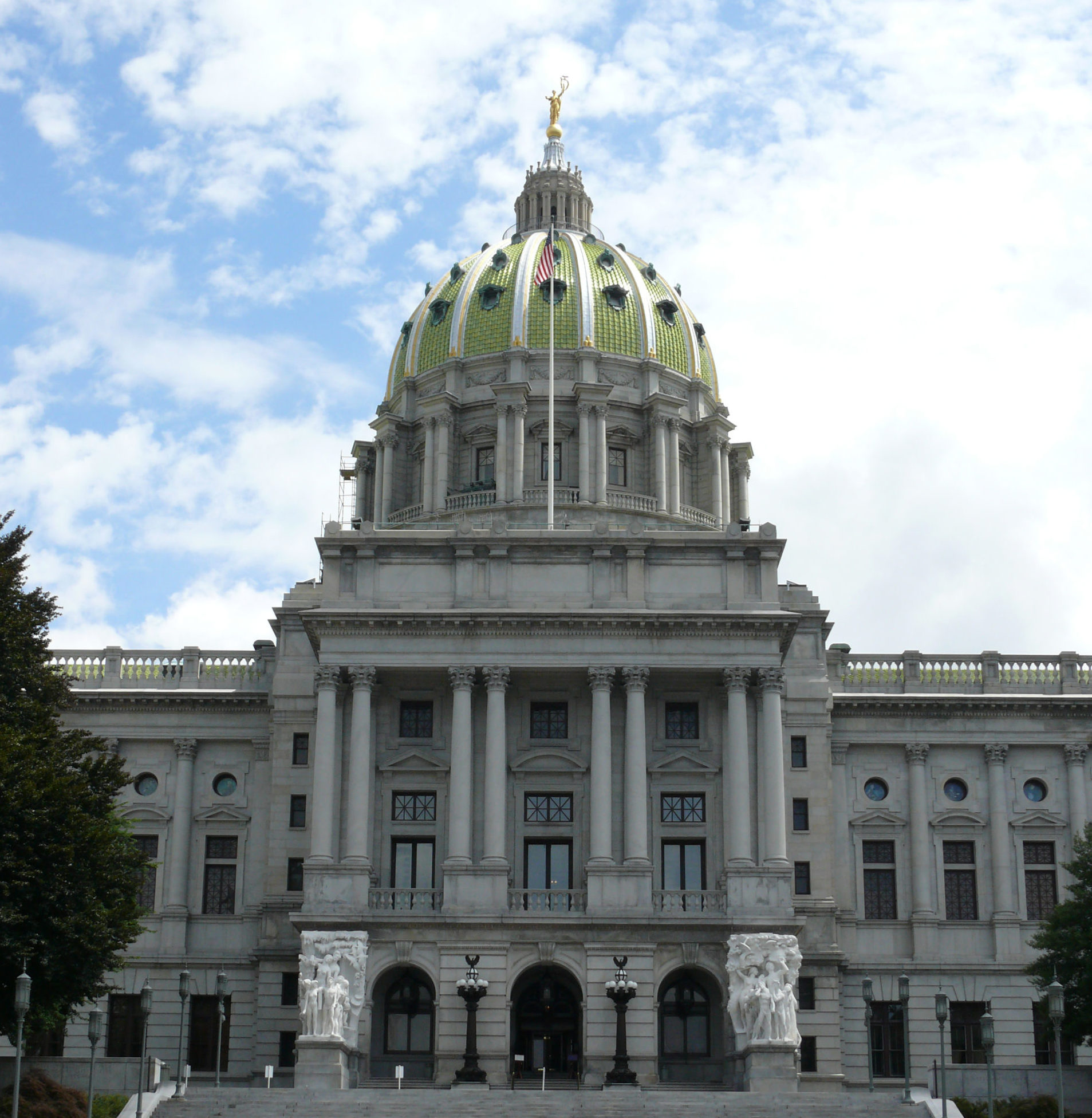Days after it was revealed that the natural gas impact fee sent more than $2.7 billion to Pennsylvania communities, energy groups are heading to Harrisburg with a plan.
Their message: The natural gas and oil sector is key to Pennsylvania’s current and future economic success, not green energy mandates from the government.
“We’re doing well, but we could be doing better,” API-PA Executive Director Stephanie Catarino Wissman told DVJournal.
The fact that Republicans like state Sen. Gene Yaw of Lycoming County and Democrats like state Rep. Ed Neilson of Philadelphia can appear at the Oil and Natural Gas Day event shows both parties see the importance of Pennsylvania’s energy sector.
“I’m glad to be there…to spread awareness of the importance of Pennsylvania’s role in the natural gas industry and all the strides we’re making,” Neilson told DVJournal.
Pennsylvania is the second-largest producer of natural gas and second-largest net supplier of total energy in America, behind only Texas. The sector deposits more than $75 billion to the Keystone State’s economy, according to a 2023 PwC report. The industry supports more than $423,000 jobs. That’s six times the capacity of a sold-out football game at Lincoln Financial Field.
Energy advocates believe a bigger economic boom is on the horizon if the right policies are put in place.
That’s been a challenge on the federal and state level.
Which is why the American Petroleum Institution (API) put out a five-point policy plan last week encouraging state and federal reform. Wissman said those proposals provide a roadmap for Pennsylvania to remain an energy leader.
Permitting reform and more pipeline infrastructure remain two key items of legislative importance for energy groups. Wissman said permitting reform would provide “certainty and consistency” as companies plan to expand projects or build new projects. As for the need for pipeline infrastructure, Wissman called it a positive for the commonwealth and the region in terms of jobs and energy savings.
The two issues are tied together.
Demand for natural gas has skyrocketed in Pennsylvania. Statistics from the U.S. Energy Information Administration show more than half of residents rely on natural gas for heating in the winter.
Environmental groups routinely game the permitting process to delay or cancel projects, industry advocates say. The 350-mile Mariner East natural gas pipeline project took five years to complete due in part to challenges from environmental groups.
Environmentalists are currently lobbying the state Environmental Protection Department to reroute a planned natural gas pipeline in Lycoming County. Pennsylvania General Energy wants to build the almost 20,000-foot pipeline to connect six wells to a larger pipeline. Despite preliminary approval by the state Department of Conservation and Natural Resources, environmentalists say that the project would impact wild trout and nine streams. A hearing is set for next month.
While energy permitting reform passed the Senate last month, it’s gone nowhere in the House. Senate Bill 832 would create a new board to review and issue permits for energy projects. Some of those permits could be issued without a hearing. Democratic Gov. Josh Shapiro opposed the bill but said he would review it again after it was rewritten.
Other parts of API’s proposals involve ending President Joe Biden’s pause on liquid natural gas (LNG) exports and export terminals.
Energy groups and politicians oppose the pause, calling it a major setback for Pennsylvania’s economy. With the U.S. becoming the global leader in natural gas exports, the groups have said stopping LNG exports will eventually push more European allies toward Russia. Shapiro and fellow Pennsylvania Democrats, U.S. Sens. Bob Casey Jr. and John Fetterman, oppose the pause.
Oil and Natural Gas Day will highlight more than policy. API-PA plans to feature the technology and engineering practices that companies use in the field.
Gone are the days of crews patrolling the pipeline on foot or horse to find leaks. Companies now use drones and virtual reality to detect leaks or sediment build-up in pipes. Wissman said the industry is extremely high-tech and consistently innovating to make sure that pipelines and the environment are protected.
“We can thank the natural gas industry for providing our modern way of life,” she said.

